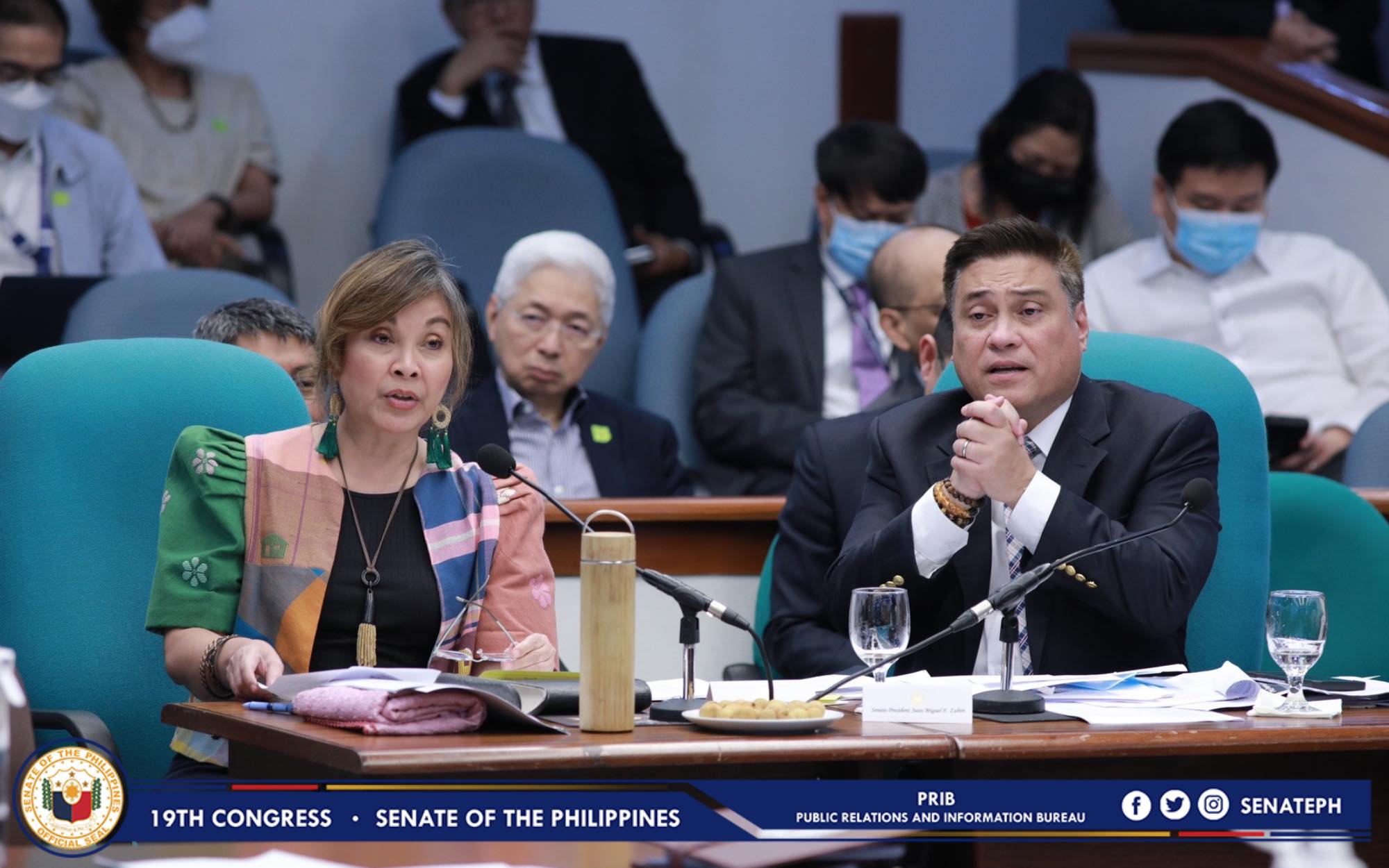The Philippines has recently joined the Regional Comprehensive Economic Partnership (RCEP), making it the final nation to become a part of the world’s largest trade pact.
The Senate voted 20-1-1 in favor of the ratification of the agreement, with opposition senator Risa Hontiveros being the only one who opposed the measure, and President Ferdinand Marcos Jr.’s sister, Senator Imee Marcos, abstaining.
RCEP is a trade pact between the 10 members of the Association of Southeast Asian Nations (ASEAN), along with Australia, China, Japan, South Korea, and New Zealand, and is now set to impact at least 2.1 billion people, equivalent to around 30% of the global gross domestic product, as it eliminates 91% of tariffs on goods.
The passage of the resolution in the Senate saw only two days of plenary debates.
The resolution backing RCEP also breezed through deliberations at the House of Representatives after it was filed only last January 26. The Makabayan bloc objected via voice vote to House resolution supporting RCEP ratification.
The resolution is expected to benefit the Philippine economy and improve the country’s standing in the international market.
“It must be ratified. The future of our country depends so much on our ability to attract investors, particularly foreign capital because the domestic capital is not enough,” National Economic and Development Authority Secretary Arsenio Balisacan said in a Palace briefing.
Balisacan also dismissed claims that RCEP will hurt local agriculture. He noted that RCEP would cure overlapping free trade agreements (FTAs).
“The complex set of overlapping FTAs negatively impacts economies by unnecessarily imposing transaction costs on business operations and can even potentially create competing trade blocs,” said House Speaker Martin Romualdez.
The RCEP ratification was co-sponsored by Senate President Juan Miguel Zubiri and Senate President Pro Tempore Loren Legarda.
During the interpellation, Legarda guaranteed that the Senate will closely monitor the implementation of the agreement to allay the fears of micro, small, and medium enterprises (MSMEs), science and technology, agriculture, trade and industry, and other sectors.
Resolutory clauses were included and made part of the concurring resolution to the RCEP agreement where there are measures enclosed that would include interventions to stimulate and support innovation.
Determining the winners and losers from RCEP implementation would depend on the utilization of the parties.
“If the stakeholders will not utilize the gains in the RCEP agreement and to find the comparative advantage, then they will be affected by the competition,” said Legarda.
Zubiri expressed confidence that the Senate made the right choice as other neighboring countries have reaped the benefits of joining RCEP.
“This will put us on equal footing with our neighbors, rules and policies-wise. We will prevent trade diversion, and we will be giving our industries a fair chance at being truly competitive,” Zubiri said.
Zubiri assured concerned groups, particularly in the agriculture sector, that the RCEP implementation will go hand in hand with developmental and capacity-building programs of the government.
He also added that with or without RCEP, a lot of problems still need to be addressed, especially in the agriculture sector.
“We have to look at the totality of it. Let us fix our problems in the agri sector, while also giving our other industries a fair chance to grow under RCEP. And then, down the line, when we have adequately empowered our agri sector, they can also begin to take advantage of the benefits of RCEP,” he said.
The resolution also guarantees that an oversight committee shall be created to address the concerns of various sectors that will be directly affected by the free trade deal.
Equal Footing with other ASEAN countries
The Management Association of the Philippines (MAP) has expressed their appreciation for the Senate’s ratification of the Regional Comprehensive Economic Partnership (RCEP) agreement.

According to MAP, RCEP will provide the Philippines with easier access to other RCEP countries’ markets, allowing local producers to expand their reach and take advantage of more liberal rules of origin.
“RCEP promises to be the most important and largest economic grouping in the world. Thanks to the Senate for getting the Philippines on board to take advantage of the wealth of opportunities that RCEP offers to Filipinos in terms of expanded jobs, increased incomes, and better lives,” said MAP President Benedicta Du-Baladad.
With the ratification, MAP believes that the Philippines can now compete on equal footing with other ASEAN and Asian partners, attracting foreign investments and capitalizing on the shift of multinational corporations seeking alternative manufacturing sites.




